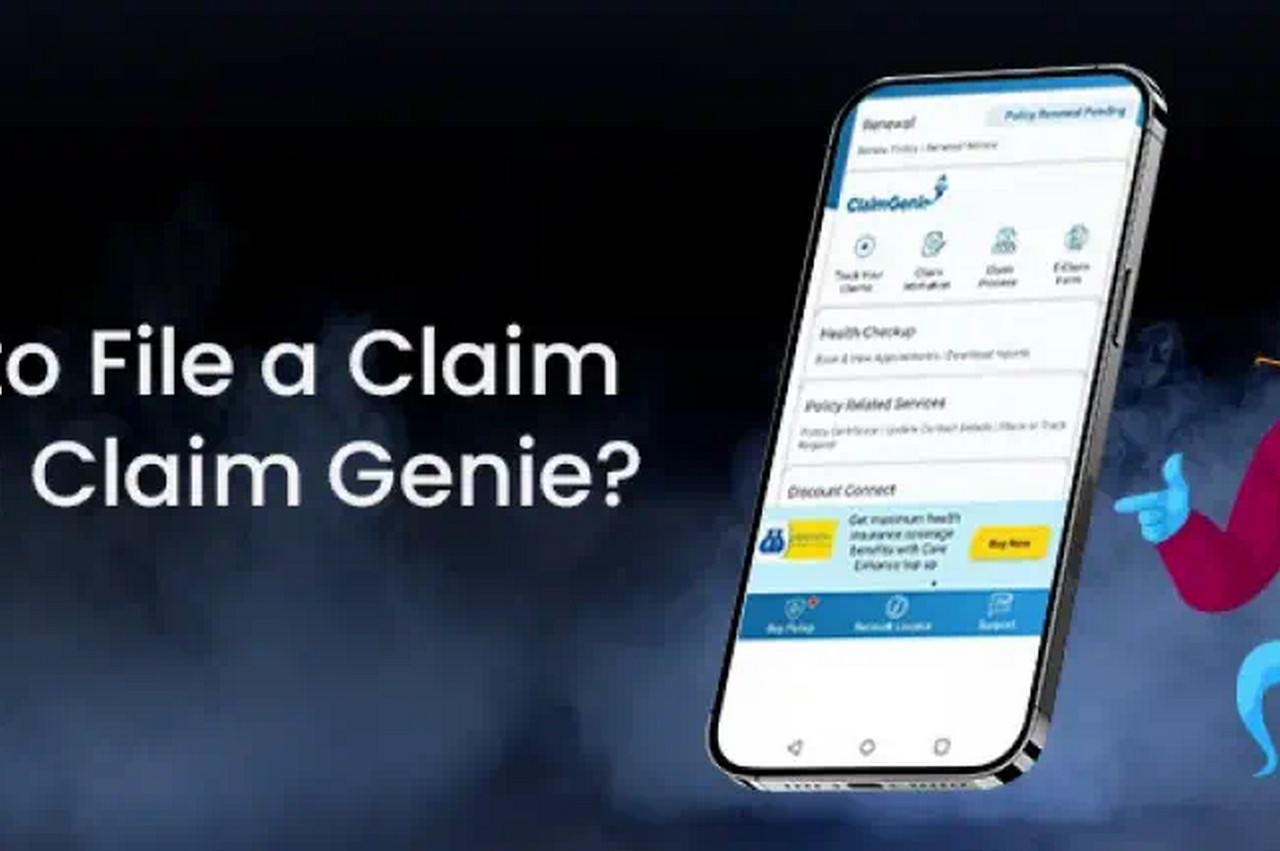When you’re obtaining a brand-new cars and truck insurance coverage, your insurance company will certainly ask you some inquiries to figure out just how you mean to utilize your cars and truck. This is to develop your “course of usage”, which will certainly subsequently impact the cost of your plan.
In this message we’ll discover what “travelling” indicates on cars and truck insurance policy. This will certainly aid you establish what type of plan you require based upon your very own driving practices. Can you manage with social just, or will you require social and travelling, or some type of company or business usage?
Why Do Insurers Appreciate Courses of Usage?
The means you utilize your cars and truck will certainly establish your gas mileage, and the kind of roadways you drive on. The even more time you invest in the roadway, the better your opportunities are of being associated with a crash. Additionally, a boosted gas mileage will certainly enhance the deterioration on your cars and truck, which can increase the expenses of fixings and upkeep.
So, the much more you drive, the greater your danger of being associated with a crash and requiring to make a case on your plan. This is why insurance firms will certainly bill much more for various courses of usage.
Why is Travelling Insurance Policy Much More Pricey?
If you are travelling to function you will likely be driving on active roadways throughout optimal hours, sometimes when mishaps might be most likely which is why this course of usage can impact the cost of your plan. Although it might affect your costs, it is essential that you are sincere regarding the course of usage you require.
What Are the Various Courses of Usage for Automobile Insurance Policy?
There are numerous courses of usage:
- Social, residential and enjoyment, leaving out travelling
- Social, residential and enjoyment, consisting of travelling
- Course 1 Organization
- Course 2 Organization
- Course 3 Organization consisting of Business Travelling
What is Social Domestic and Satisfaction Automobile Insurance Policy?
The social, residential and enjoyment (SDP) course of usage is cover for non-work driving. This may consist of store runs, college runs, field trip, plus the periodic longer trip for vacations, or to check out loved ones.
You need to just select this type of cover if you’ll never ever be utilizing your cars and truck for any type of job objectives. If you’ll ever before be utilizing your cars and truck to take a trip to and from job, after that you’ll require to select the following course of usage: Social, residential and enjoyment consisting of travelling.
What Does Travelling Mean on Automobile Insurance Policy?
SDP+C indicates “social, residential and enjoyment, consisting of travelling”. This course of usage will certainly use all the cover you obtain with an SDP plan, together with cover for your commute to and from a solitary workplace.
You’ll likewise require “travelling” cover if your commute entails driving to a train terminal, or a park and trip terminal, prior to finishing your trip on public transportation. This is due to the fact that this will certainly include leaving your cars and truck in a public location, which can make it much more prone to burglary.
You require to be as open and sincere as feasible with your insurance firms when obtaining a plan. Allow’s state you just obtain an SDP plan, and afterwards someday you determine to drive to function. If you’re associated with a crash on this trip, your insurance company may say that your plan did not cover you for that trip to function. Because of this, you might not have the ability to make a case on your plan.
Please keep in mind that SDP+C plans will just cover you for trips to and from a solitary work environment. If you’ll be driving to several various offices, or if you’ll be driving as component of your work, after that you’ll require some type of company cars and truck insurance policy.
What is Organization Usage for Automobile Insurance Policy?
There are 3 courses of company usage for cars and truck insurance policy:
- Course 1 Organization Insurance policy for the insurance holder– This will certainly cover you for your commute to and from a long-term workplace and consists of company usage for the insurance holder about their company or career. Called motorists will certainly be covered for social, residential and enjoyment, leaving out travelling just.
- Course 2 Organization Insurance policy for the insurance holder and called motorists– This provides the insurance holder all the cover you obtain with a Course 1 Organization Insurance coverage yet it consists of the exact same degree of company cover for called motorists, leaving out business taking a trip.
- Course 3 Organization Insurance policy consisting of Business Travelling– This provides coincides degree of cover as Course 2 with the enhancement of business taking a trip. If you drive thousands of miles every week, call for several called motorists on your plan, or if driving is a routine component of your work, such as in door-to-door sales, after that you will certainly require Course 3 Organization Insurance Policy.
Review our complete overview to the various courses of company insurance policy.
What is Business Usage for Automobile Insurance Policy?
Ultimately, if you’ll be lugging individuals or items as component of your job, after that it will not suffice to include company usage to your plan. Rather, you’ll require to obtain specialist cover for “carriage of items for hire and benefit”. This indicates you’ll require a specialized business or messenger insurance coverage.
Review our complete overview to messenger and shipment chauffeur insurance policy.
Obtain The Cover You Required at the most effective Cost From Insure 2 Drive
At Insure 2 Drive, we are experts in supplying extensive cover for much less, regardless of just how you’ll be utilizing your cars and truck. If you’re trying to find your initial cars and truck insurance coverage, or if your present plan’s up for revival, obtain a complimentary quote from us to see just how we can aid you conserve.





